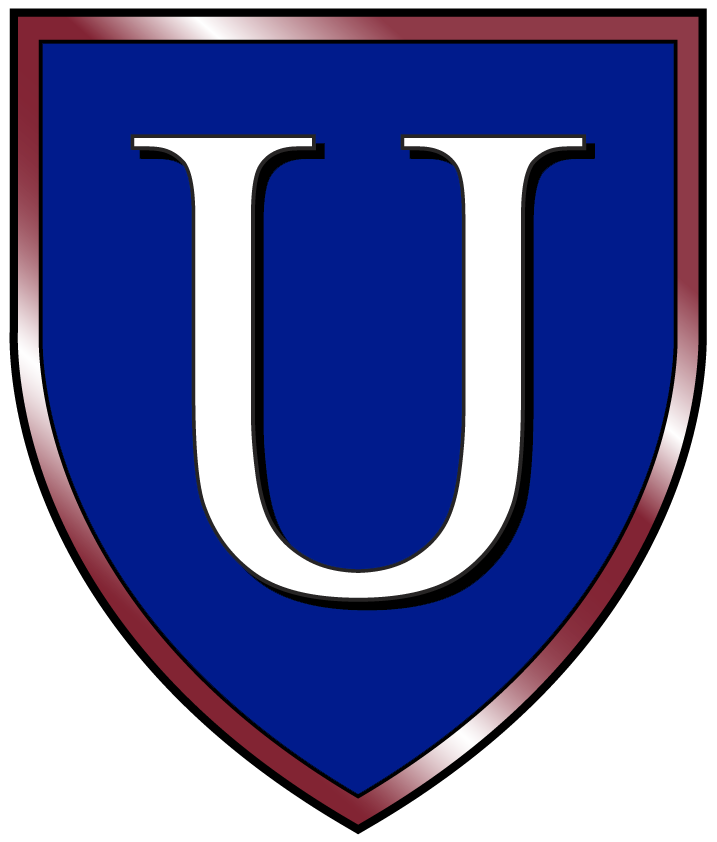
The UCA Difference
UCA has developed unique, proprietary methods to enhance the client experience and improve client results. Here are three practices that help make UCA superior to other consultancies.
The Interactive Team Approach. Each UCA student works one-on-one with a team: a Client Manager, a Strategist, and a Lead Editor. This approach ensures quality and consistency while promoting brainstorming and avoiding bias. In addition, other professionals work with UCA students as well. During essay-writing, each edit is given fresh eyes from multiple UCA editors, some who know the student well and others who do not know the student at all. During interview preparation, to give students the most realistic experience, UCA’s mock interviewer will be a practiced professional who is unknown to the student.
Guided Self-Analysis. UCA believes that students should understand their personalities, competencies, tendencies and preferences before trying to sell themselves via essays and interviews and even before trying to find schools that offer the right fit.
Each session of our Guided Self-Analysis (GSA) is goal-oriented and directed. GSA uses the Socratic Method to perform personality profiling, using standard dichotomies as well as our own proprietary evaluative criteria. We perform a Memory Inventory, an Interest Inventory, and an Environmental Inventory. We also ask our students to develop their own, personalized college curriculum. After GSA, we turn towards strategy, assisting students in developing a "marketing pitch” (Personal Thesis) and overall plan for a coherent and harmonious admissions effort.
The UCA Community. Unlike other consultancies, UCA believes in transparency and community. Unless a client directs us otherwise, we connect students, parents, UCA alumni and other professionals to share their knowledge and ideas. We present live seminars and online webinars. We have group events for our clients and the public. We connect everyone together so that everyone can do better. UCA students not only support each other, but also teach each other, engage each other, and go into business with each other.

